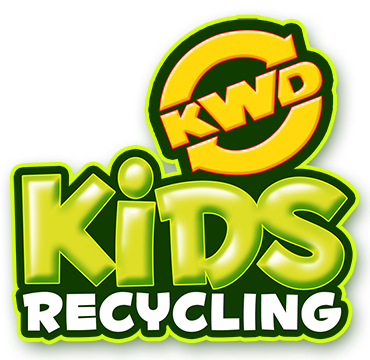

Recycling requires far less energy, uses fewer natural resources, and keeps waste from piling up in landfills. No one wants to live beside a landfill, so keep the environment clean by recycling as much as you can.
Recycling offers significant energy savings over manufacturing with raw materials.
In 2000, recycling of solid waste prevented the release of 32.9 million metric tons of carbon equivalent (MMTCE, the unit of measure for greenhouse gases) into the air. Global Warming causes a lot of damage to the earth including the melting of the polar icecaps which reduces the natural habitat of the polar bears. It also leads to rising water levels and flooding.
Making goods from recycled materials generates far less water pollution than manufacturing from raw materials, keeping our rivers and lakes cleaner.
Using recycled materials reduces the damage to forests, wetlands, rivers and other places essential to wildlife.






We wants kids to curb carbon dioxide (CO2) production by pledging one or more of the following actions to help the environment:
Recycling means to use something again.
Newspapers can be used to make new newspapers. Aluminum cans can be used to make new aluminum cans. Glass jars can be used to make new glass jars. Recycling often saves energy and natural resources through conservation.
It almost always takes less energy to make a product from recycled materials than it does to make it from new materials. Using recycled aluminum scrap to make new aluminum cans, for example, uses 95 percent less energy than making aluminum cans from bauxite ore, the raw material used to make aluminum.
Natural resources are riches provided courtesy of Mother Nature. Natural resources include land, plants, minerals, and water.
By using materials more than once, we conserve natural resources. In the case of paper, recycling saves trees and water. Making a ton of paper from recycled stock saves up to 17 trees and uses 50 percent less water!
So start recycling today and help Mother Nature to stay healthy!